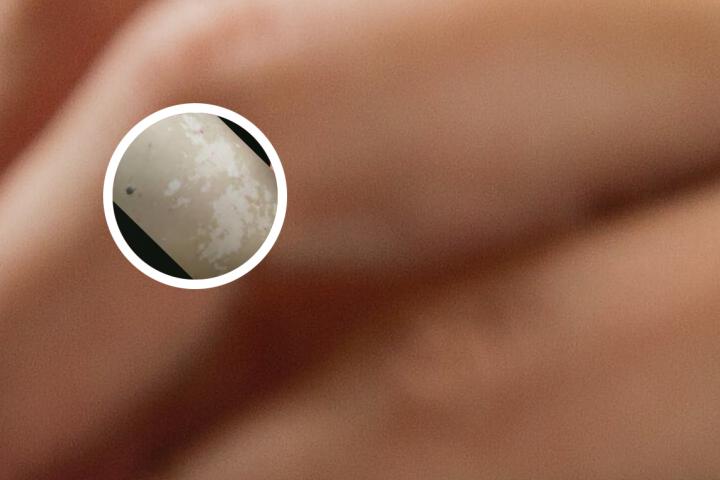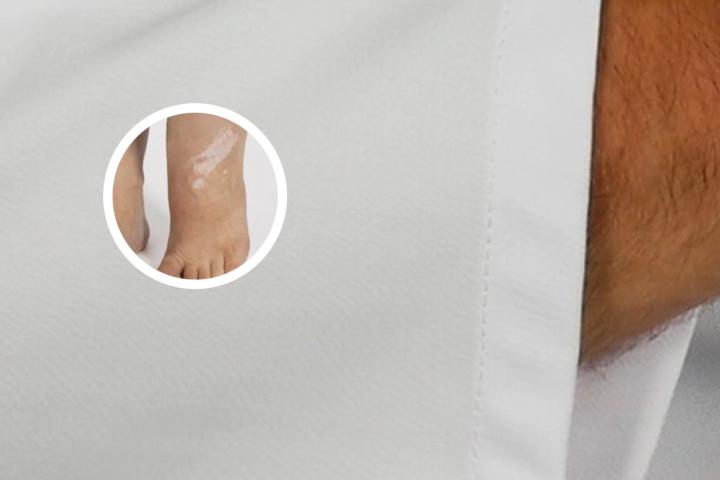Vitiligo Knowledge Checklist Plan

As an expert in vitiligo treatment, I am well-versed in various aspects of the condition and am able to provide insightful and professional answers to your questions. With that said, let me answer a few common questions that may be on your mind.
1. What is vitiligo?
Vitiligo is a skin condition characterized by the loss of skin pigment or color. It occurs when melanocytes (pigment producing cells) are destroyed or stop function. The affected area of skin appears white, and the hairs in the affected area may also turn white. Vitiligo can affect any part of the body, but it often occurs on the face, hands, arms, and feet.
2. Who is most likely to get vitiligo?
Vitiligo can affect anyone, regardless of age, gender, or ethnicity. However, it typically begins in people aged 20 to 30 years old.
3. What causes vitiligo?
The exact cause of vitiligo is unknown. Scientists believe it may be an autoimmune disorder in which the immune system attacks melanocytes. Genetic factors may also play a role.
4. Is vitiligo contagious?
No, vitiligo is not contagious.
5. How is vitiligo diagnosed?
Diagnosing vitiligo involves a physical examination and a medical history review. The areas of skin affected by vitiligo are typically white or lighter than the surrounding skin. A special light called a Woods lamp may be used to help identify the affected areas. In some cases, a skin biopsy may be necessary to confirm the diagnosis.
6. Can vitiligo be cured?
Currently, there is no cure for vitiligo, but there are several treatment options available. These include topical medications, oral medications, light therapy, and surgery.
7. Can vitiligo spread?
Vitiligo can spread, but it is difficult to predict how it will spread in an individual case. Some people have a few small patches that do not get bigger, while others may have larger patches that spread over time.
8. Can sun exposure make vitiligo worse?
Sunburn can trigger new areas of vitiligo or make existing patches worse. However, regular sun protection is important for people with vitiligo, as it helps prevent skin damage and reduces the risk of skin cancer.
9. How can vitiligo affect a person's life?
Vitiligo can have a significant impact on a person's self-esteem and quality of life. Many people with vitiligo feel self-conscious about their appearance and may avoid social situations because of it.
10. What can people do to manage vitiligo?
Managing vitiligo involves a combination of medical treatments and lifestyle changes. It is important for people with vitiligo to protect their skin from the sun, eat a healthy diet, and take care of their overall health. Seeking emotional support from friends, family, or a therapist can also be helpful for coping with the psychological effects of vitiligo.










